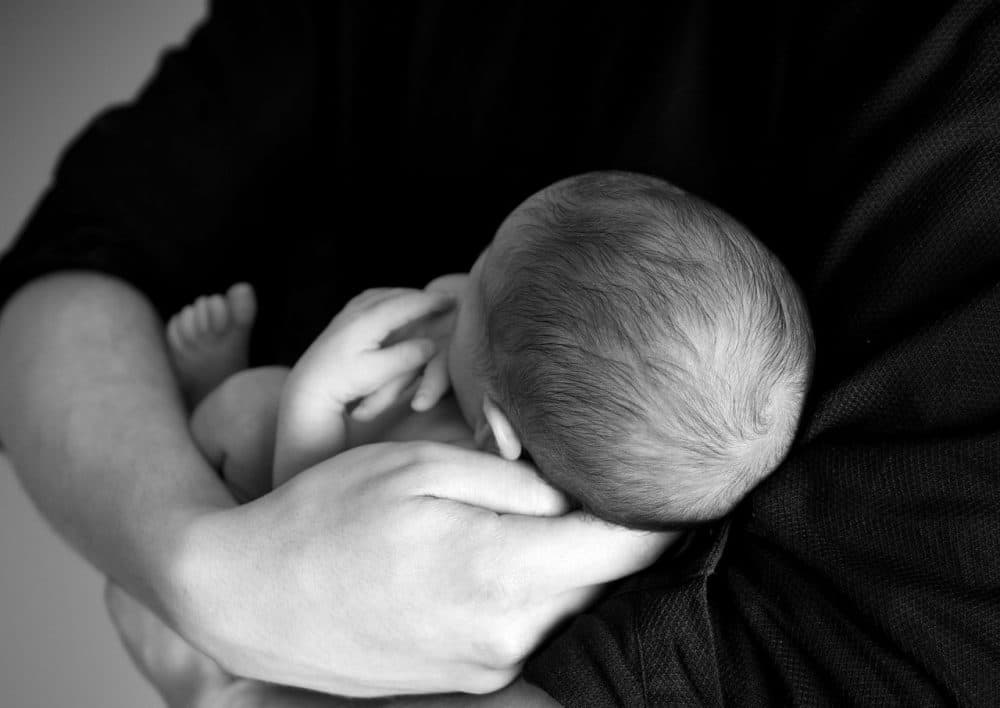Advertisement
Panel Recommends U.S. Research 'Three-Parent Embryo' Procedure
Resume
A panel from the Institute of Medicine is recommending that the U.S. should allow scientists to research creating embryos with DNA from three genetic parents.
The controversial procedure was legalized in the United Kingdom last year, and could help women who have mitochondrial disease give birth to children who are biologically related to them.
Ike Swetlitz, a reporter and researcher for STAT, tells Here & Now's Jeremy Hobson about the recommendation and why the procedure is controversial.
Guest
- Ike Swetlitz, a reporter and researcher for STAT. He tweets @ikeswetlitz.
This segment aired on February 3, 2016.